reaching new heights
Houston apartment construction surges to 6th highest in the nation

Apartment construction is soaring sky high in Houston.
Apartment construction has been skyrocketing in Houston, and according to a new insight report from RentCafe, the metro area has the sixth highest new apartment construction rate nationwide in 2024.
The report from August 7 analyzed new apartment construction data across 369 U.S. metropolitan statistical areas (MSAs). For the purpose of the study, only apartment buildings containing 50 or more units were included. Any U.S. metros with fewer than 300 units or fewer than two properties/buildings were excluded.
The top five metros with the highest rates of newly built apartments expected in 2024 are New York City, New York (No. 1); Dallas, Texas (No. 2); Austin, Texas (No. 3); Phoenix, Arizona (No. 4); and Atlanta, Georgia (No. 5). Dallas-Fort Worth developers are expected to build a staggering 32,932 total apartment units in 2024, which is just three fewer units than No. 1-ranking New York City's anticipated goal.
The Houston metro area is still expected to complete 18,301 new apartments by the end of the year, so construction appears to be keeping up alongside the top five metros. In just Houston proper, developers are anticipating 8,159 completed units by year-end.
Houston also landed in the No. 3 spot for the highest apartment construction rate between 2020 and 2022, with 53,741 new apartment units opening around the metro since the beginning of the so-called "pandemic building boom."
The report attributes booming construction rates to each metro's steady population growth, the area's thriving job market, and its desirability among major employers.
"Demand for rental apartments in the U.S. continues to outstrip supply, even with recent construction efforts mirroring the building boom of the early 1970s — when a comparable number of rentals entered the market as Baby Boomers were coming of age — due to significant growth in the renter population in the last 50 years," the report's author wrote.
Houston makes up the bulk of new apartments in the area, while Spring is expected to build the second highest number of new apartments in the metro, totaling 2,236 units. Other suburbs like Katy and Richmond will complete an anticipated 1,464 and 907 apartments by the end of the year, respectively.
Here's how many new apartments other Houston-area cities expect to build by the end of 2024:
- Conroe – 830 units
- Fulshear – 660 units
- Montgomery – 626 units
- Cypress – 587 units
- Humble – 470 units
Houston apartment construction by 2028
Based on the number of newly built apartments from 2019 to 2023, RentCafe's analysts extrapolated that New York, Dallas-Fort Worth, and Austin will continue dominating new apartment construction through 2028. But unlike past years when there was a steady growth in completed units, the report predicts construction will dwindle until 2027; then it will experience a big hike in 2028.
"[A]partment construction starts are expected to keep falling throughout the next year as developers struggle to get financing due to stricter loan standards amid economic uncertainties, which causes delays in projects," the report said.
For context, Dallas-Fort Worth had the highest number of new apartments completed over the five-year period – 128,418 units – from 2019 to 2023, versus New York's 116,207 newly built units. Houston built 83,972 new units during the same time period, landing at No. 3 nationally.
RentCafe calculated New York will once again lead the nation with 150,327 new apartments built by the end of 2028, and DFW will trail behind with 108,178 completed units. The Metroplex's anticipated figures are 28 percent lower than New York's expected apartments.
Houston, however, will slow down construction with a projected 55,785 new apartments by 2028, and the metro will claim No. 9 nationwide.
"[S]everal large metros are set to slow the pace of new apartment construction by 2028, yet they remain some of the nation's heaviest builders," the report said. "Specifically, Houston will welcome 28,187 fewer new apartments compared to the five years leading up to 2024."
The full report and its methodology can be found on rentcafe.com.




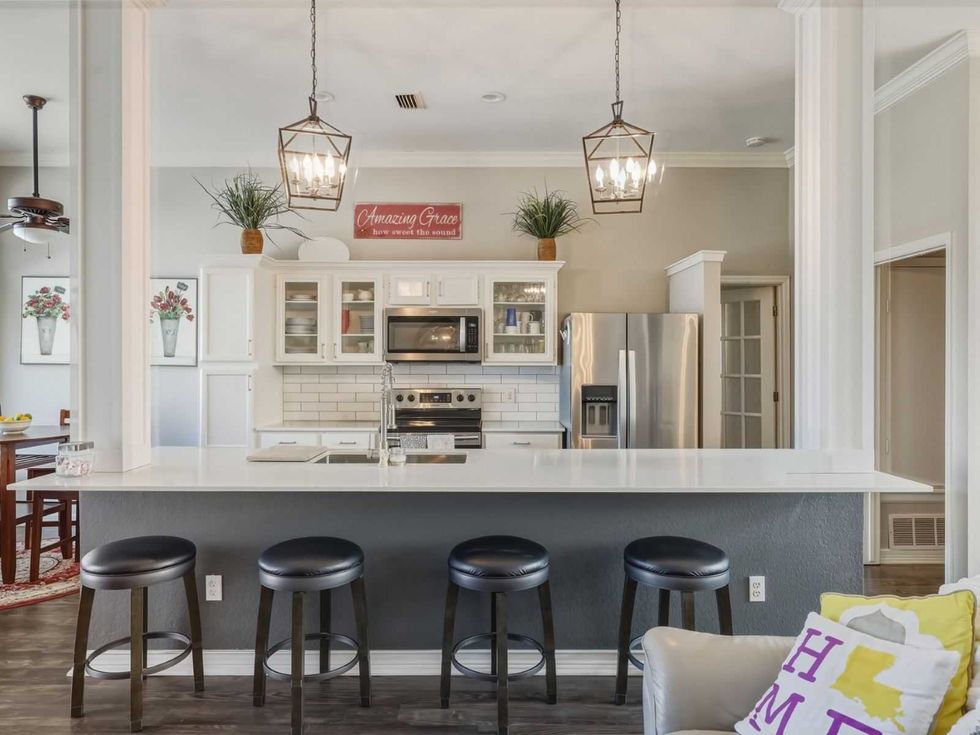
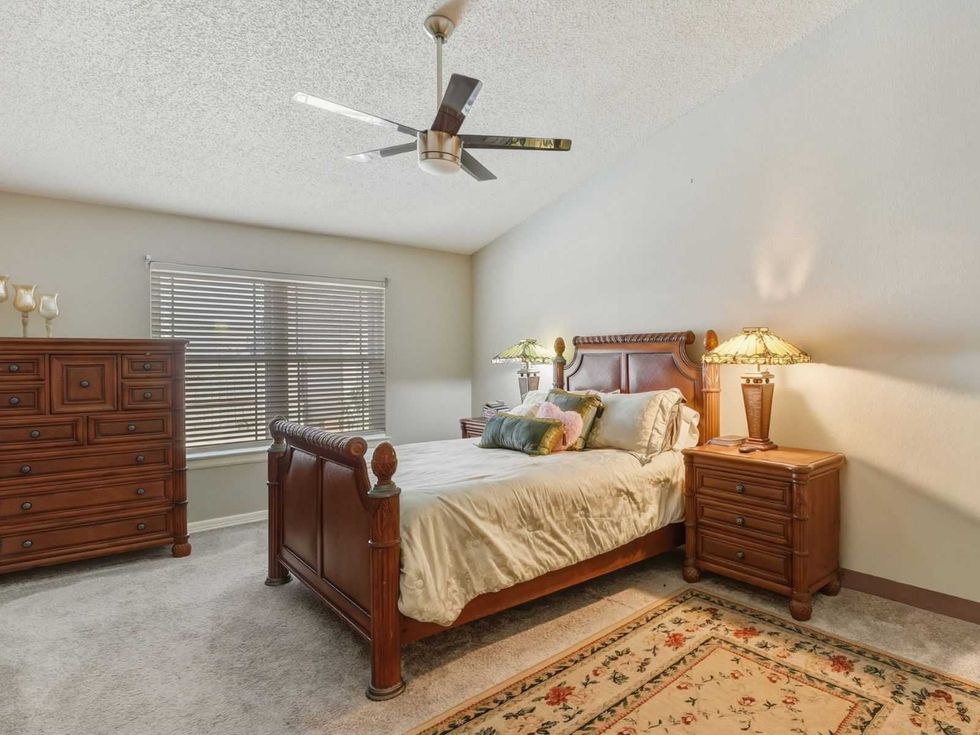
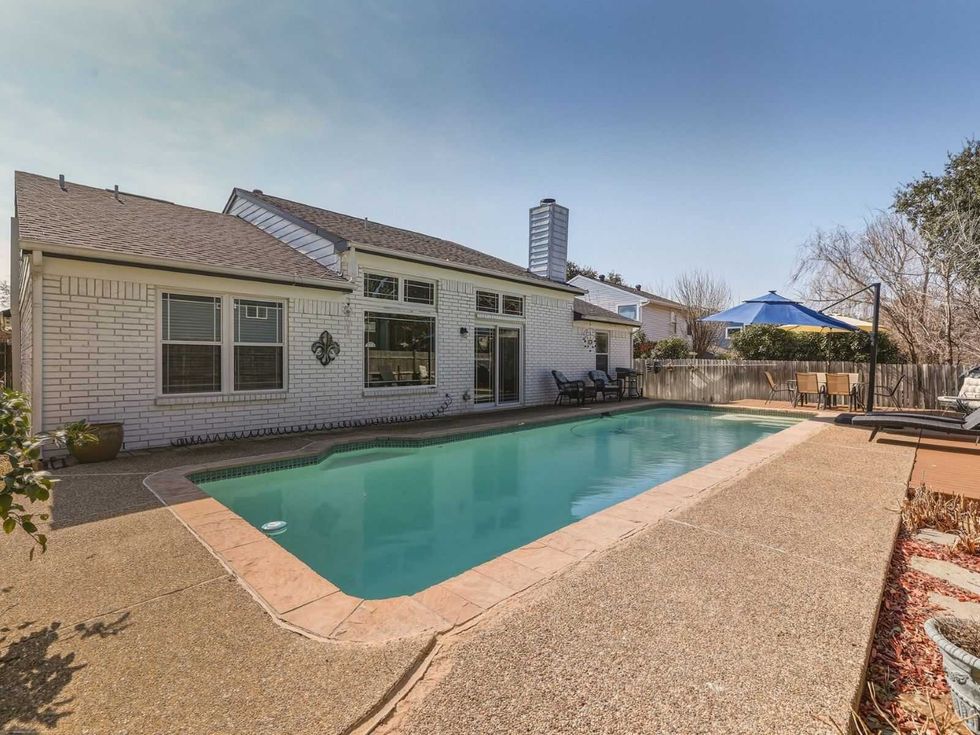
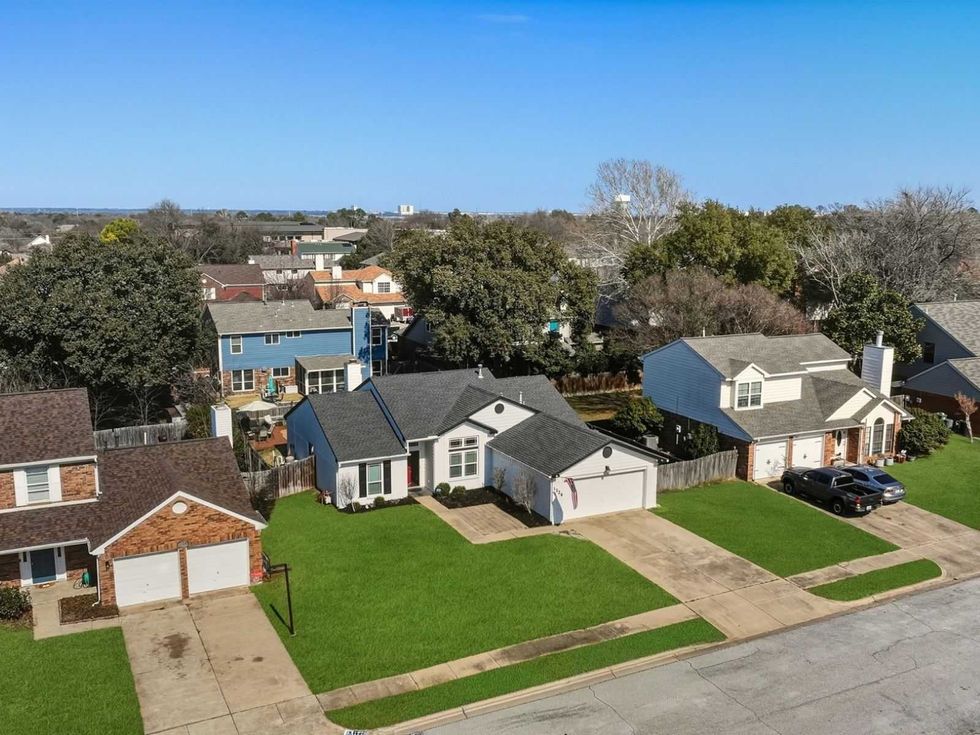 The home is near all the Grapevine hot spots.Photo courtesy of The Meyer Group
The home is near all the Grapevine hot spots.Photo courtesy of The Meyer Group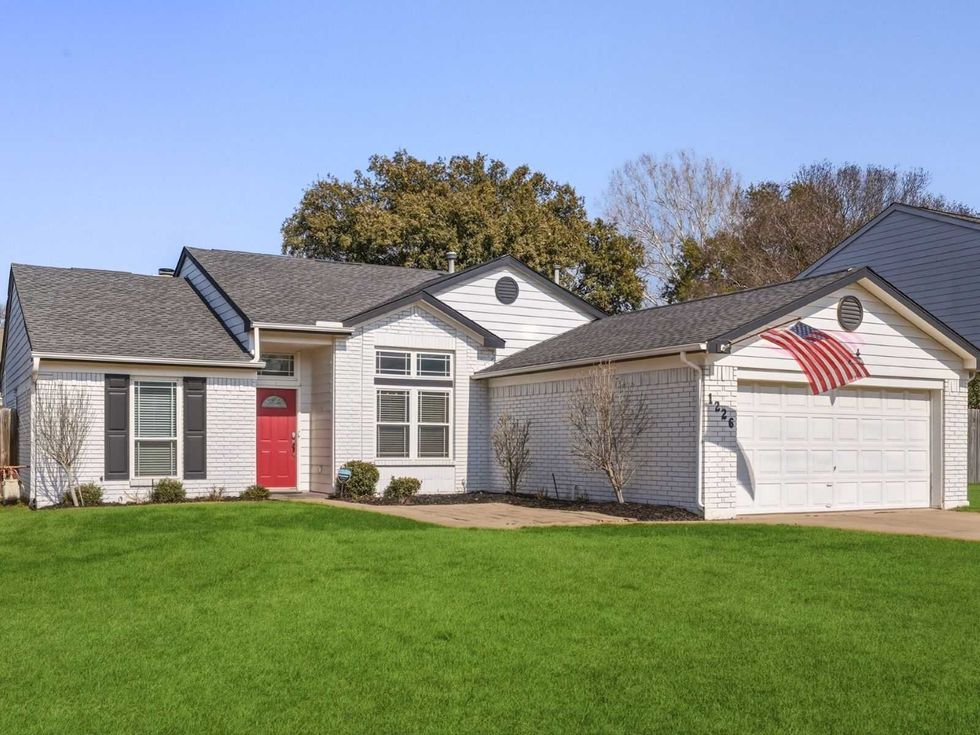 Post Malone's childhood home, at 1226 Eaton Ln., Grapevine, is listed for $549,900. Photo courtesy of The Meyer Group
Post Malone's childhood home, at 1226 Eaton Ln., Grapevine, is listed for $549,900. Photo courtesy of The Meyer Group